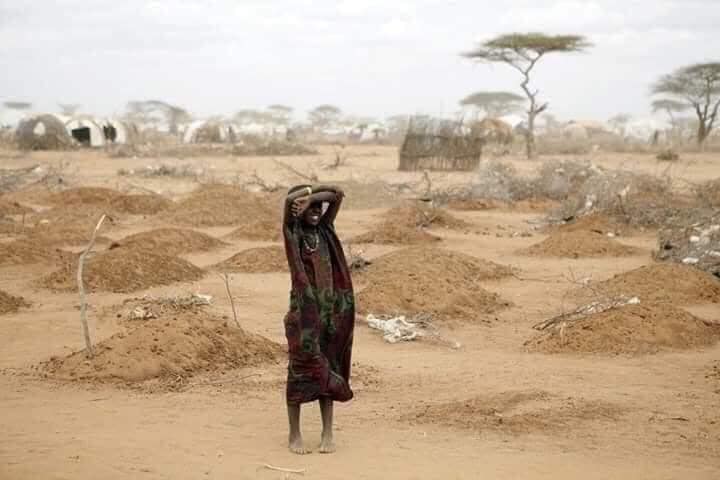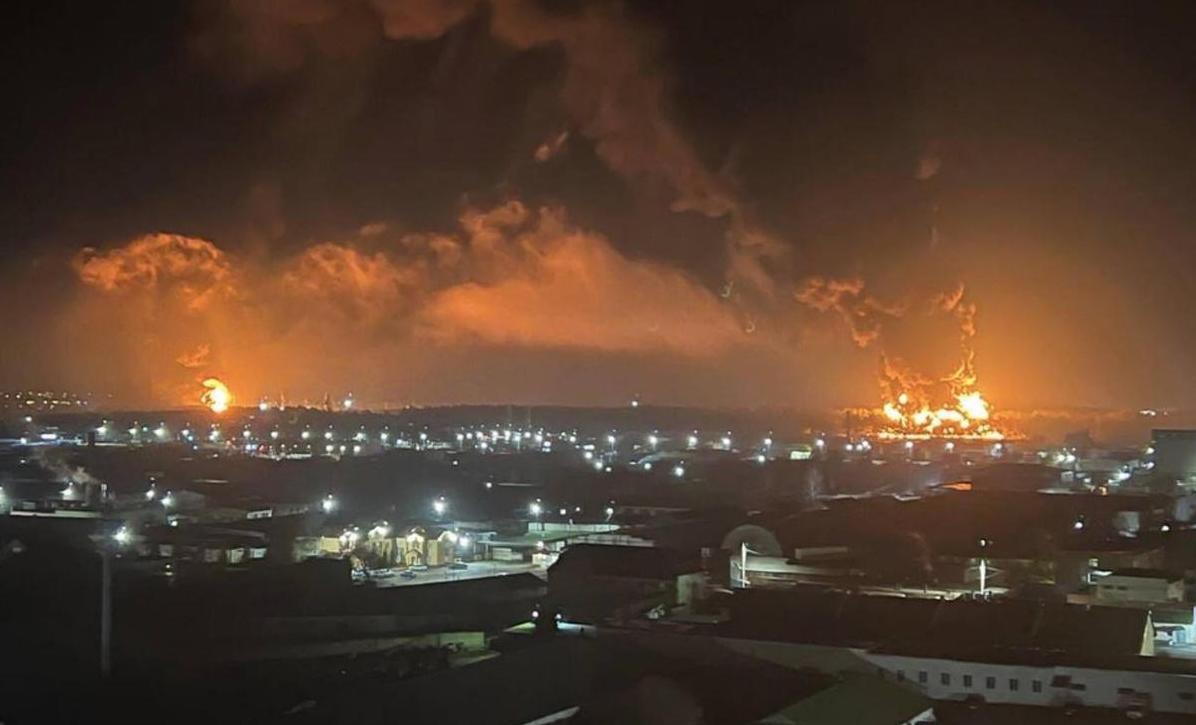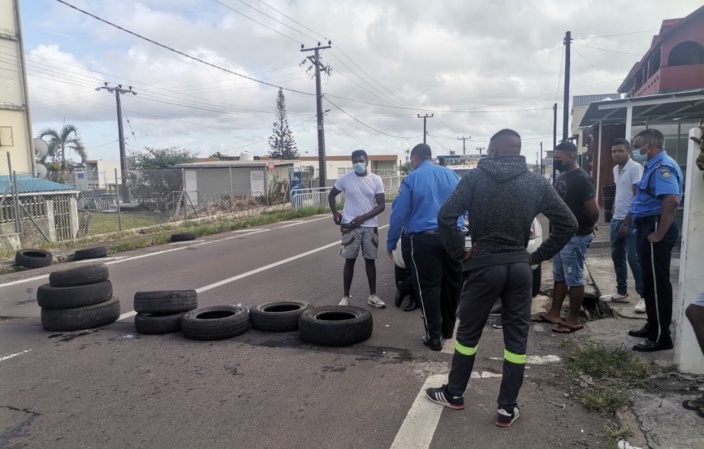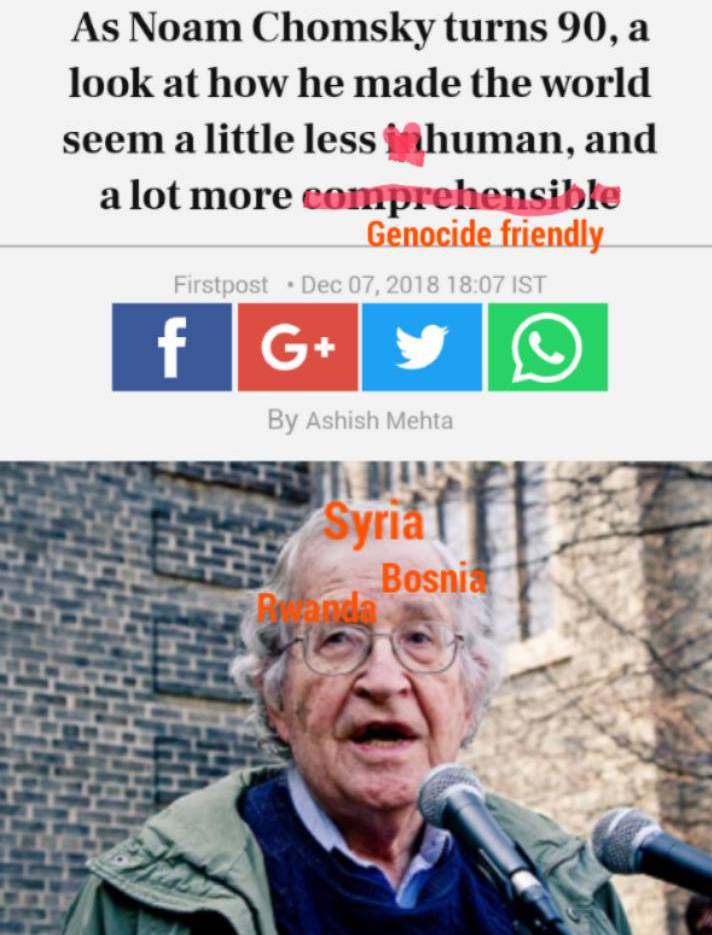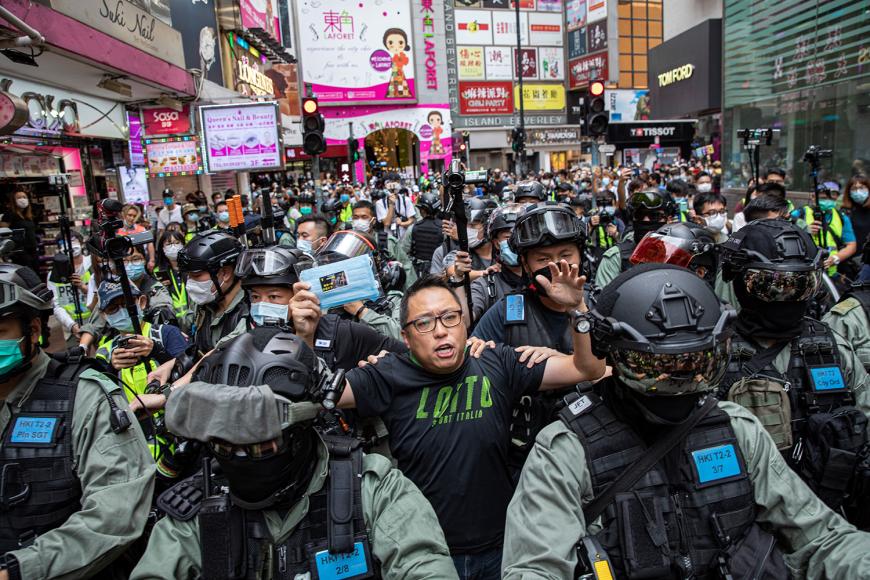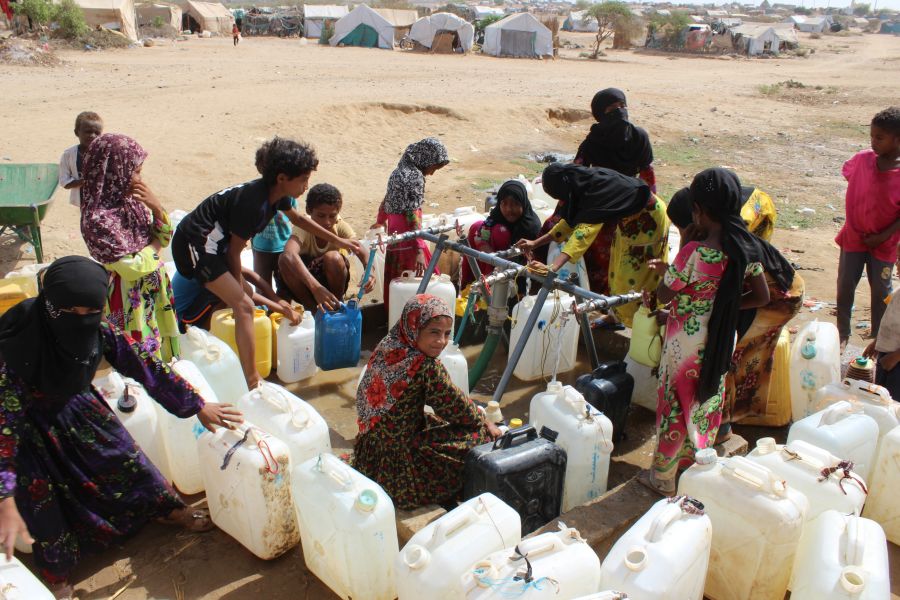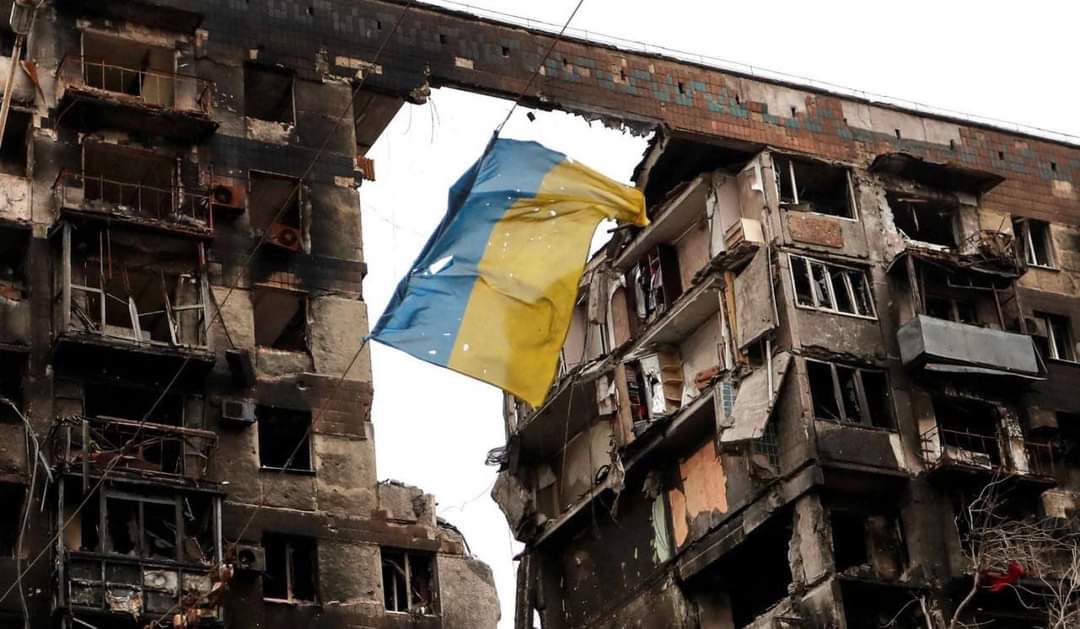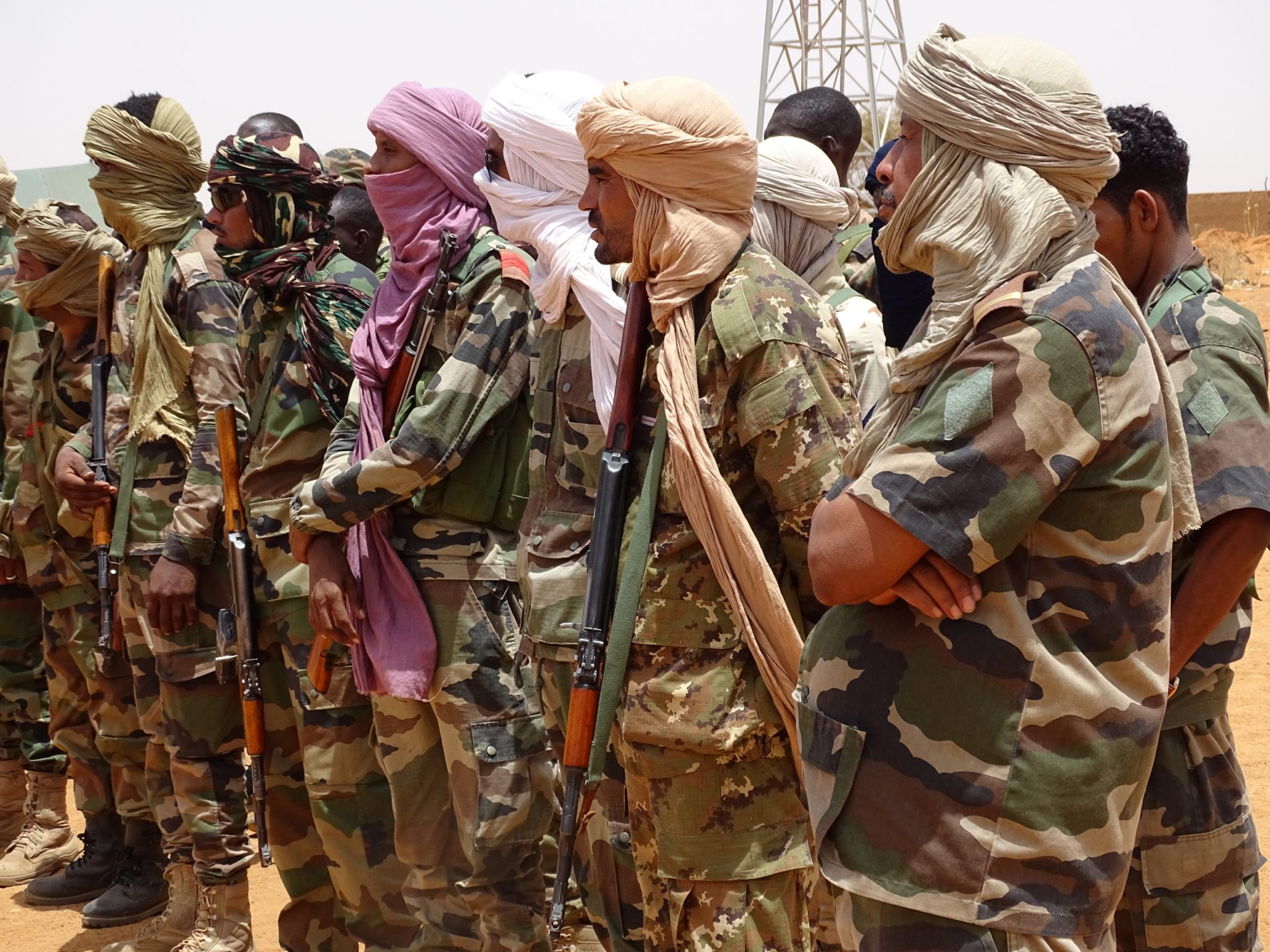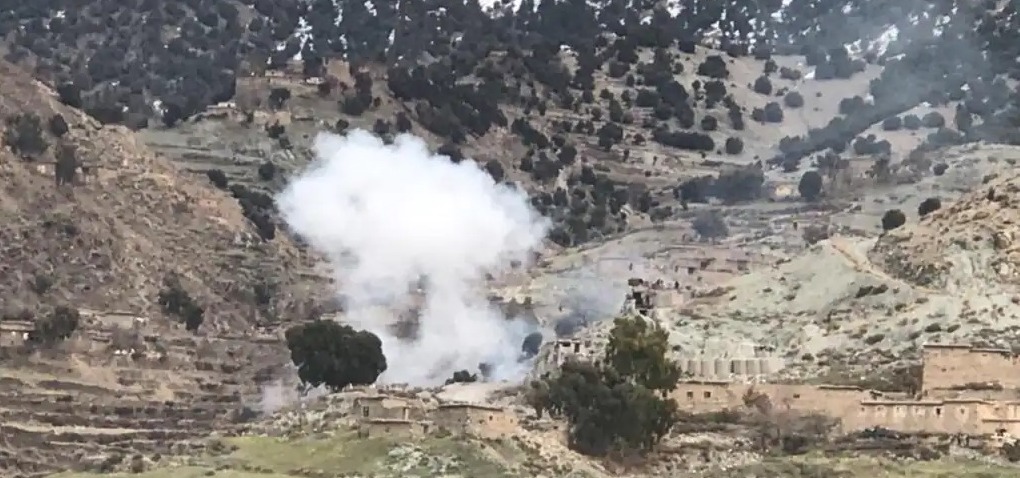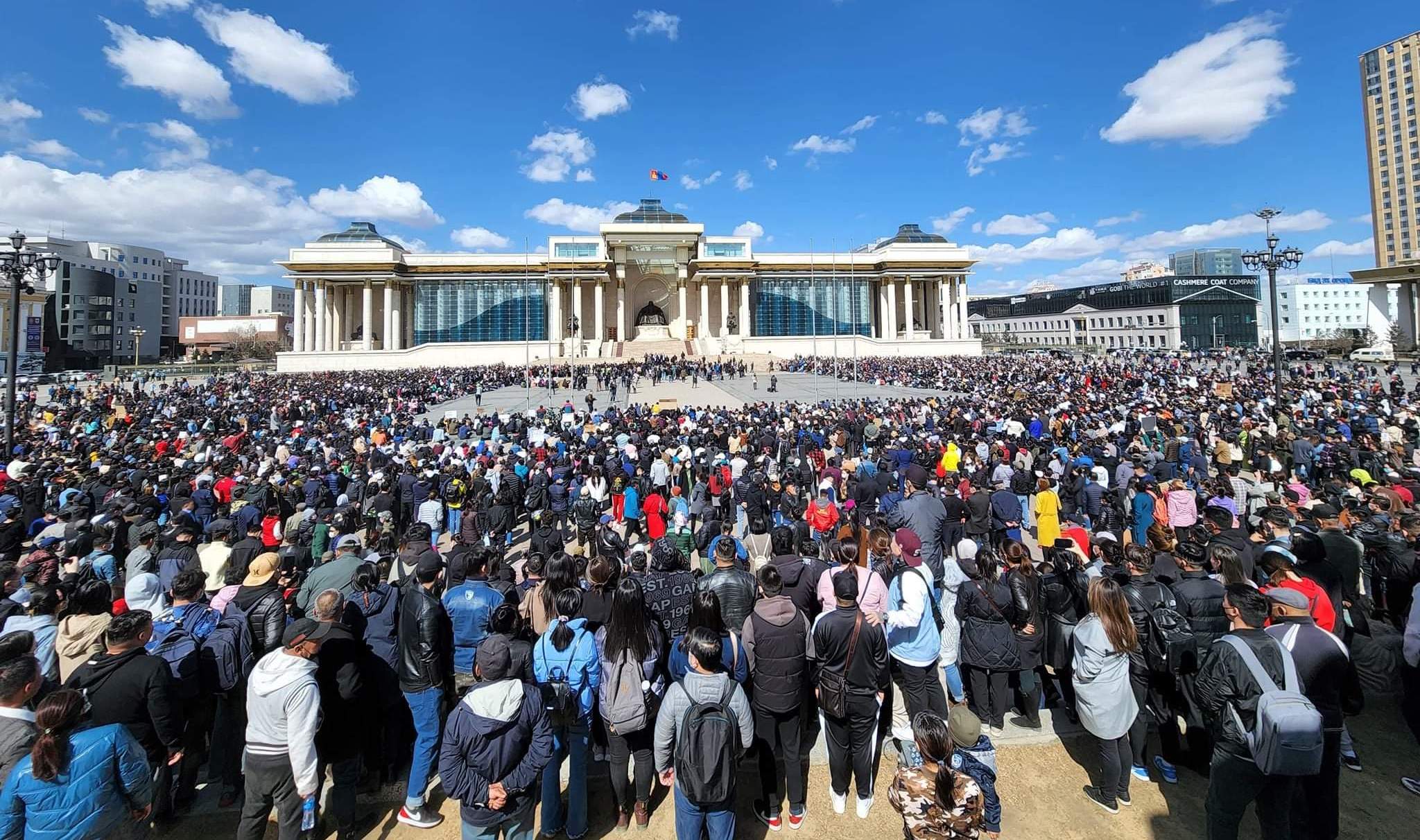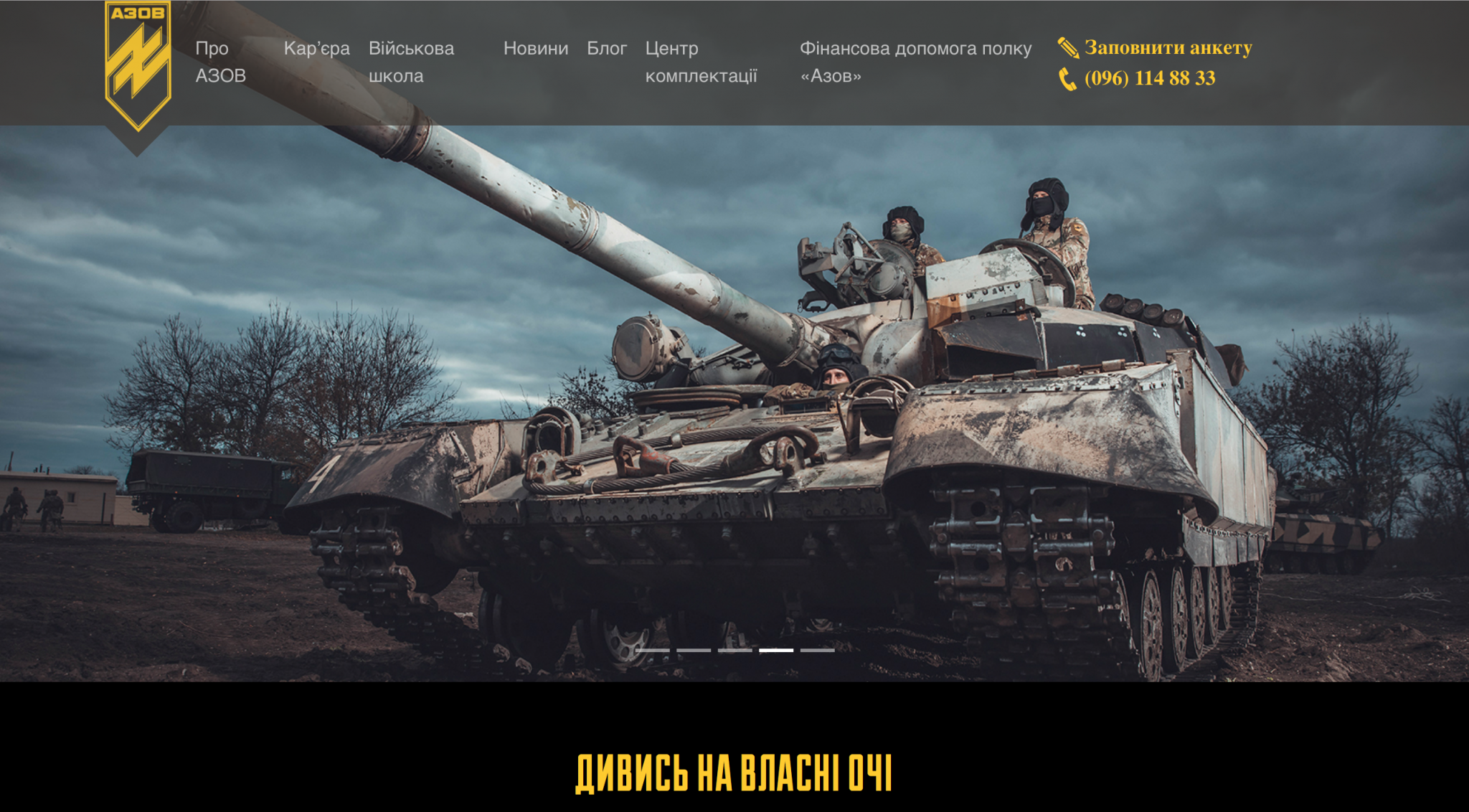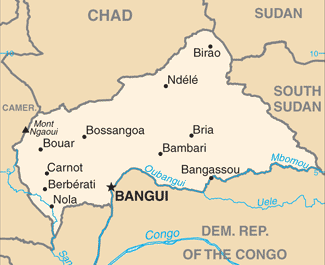
CAR war crimes trial delayed —again
A court created seven years ago to prosecute war crimes in the Central African Republic was due to open its first trial this month. But a no-show by defense lawyers means victims’ associations and others pushing for justice will have to wait a little longer. The Bangui-based Special Criminal Court (SCC) is a hybrid tribunal composed of national and international jurists tasked with prosecuting war crimes, genocide, and crimes against humanity. It took time to become operational because of staff recruitment challenges, insecurity, and limited resources. Arrest warrants have also not been executed, and the government has released high-profile suspects without SCC authorization. Its inaugural trial—set to resume in April—concerns three members of the 3R rebel group accused of involvement in a 2019 massacre. Rebel groups remain active across the CAR, which has one of the highest per capita humanitarian caseloads in the world. (Map via Perry-Castañeda Library Map Collection)



